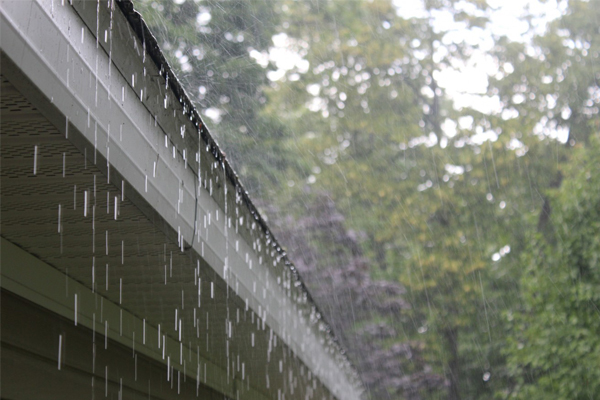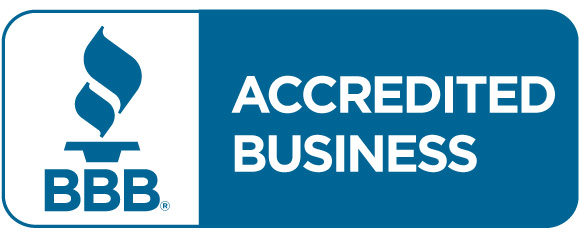How Bay Area Weather Impacts Your Commercial Roof
Consult a Bay Area Roofing Contractor
Bay Area weather can be unpredictable, and this has a significant impact on commercial roofing. From intense sun and heat in summer to heavy rain and high winds during winter, these conditions can lead to considerable wear and tear on commercial roofs in Oakland and surrounding areas. Understanding how weather affects roofing helps property managers and building owners prepare for maintenance and know when to consider Oakland commercial roofing repair. Here, we’ll explore common weather challenges and how a reliable Bay Area roofing contractor can help protect your investment.
1. Sun and Heat Damage
While the Bay Area isn’t known for extreme temperatures, the sun’s intensity can still take a toll on roofing materials over time. Prolonged exposure to ultraviolet (UV) rays can cause materials like asphalt and rubber membranes to dry out and become brittle, leading to cracks, blisters, and surface degradation. In addition, the sun heats up roofing materials, causing them to expand. When temperatures cool, the materials contract. This constant expansion and contraction, known as thermal cycling, weakens roofing materials and eventually leads to cracks, leaks, and other problems.
A Bay Area roofing contractor can mitigate sun damage by using reflective roofing materials or applying roof coatings that shield the roof from UV rays, thus extending its lifespan. Regular inspections by a professional can also catch early signs of sun-related damage, allowing for timely Oakland commercial roofing repair.
2. Heavy Rain and Water Damage
Winter months bring considerable rain to the Bay Area, especially in Oakland. Roofs are at risk of water damage when drainage systems are inadequate or if the roof has developed cracks or punctures. Water that isn’t properly directed off the roof can pool, causing it to seep through the roof membrane, resulting in leaks that damage the interior of the building.
Flat commercial roofs, which are common in Oakland, are particularly vulnerable to water pooling. It’s crucial to ensure that drains and gutters are clear and free of debris, especially in preparation for the rainy season. A Bay Area roofing contractor can help maintain these drainage systems and perform Oakland commercial roofing repair to address any weaknesses before they lead to leaks.
3. Wind-Related Issues
While the Bay Area doesn’t often experience severe storms, high winds during winter and spring can still cause damage to commercial roofs. Wind can loosen or lift roofing materials, particularly at the edges, leaving the roof vulnerable to leaks and water intrusion. Over time, small wind-related damages can turn into major issues if not addressed.
An experienced Bay Area roofing contractor will secure roof edges, flashing, and seams to prevent wind damage. Regular inspections before and after the windy season can catch any loose materials early, making repairs straightforward and cost-effective.
4. Mold and Mildew Growth
The Bay Area’s humid climate, especially during winter rains, can create an ideal environment for mold and mildew on roofing surfaces. Mold can not only degrade roofing materials but also compromise indoor air quality if it spreads into ventilation systems. Flat commercial roofs, with their tendency to retain moisture, are particularly susceptible to mold issues.
A roofing contractor can help prevent mold growth by inspecting for and repairing leaks, ensuring proper drainage, and applying anti-microbial treatments if needed.
Protecting Your Oakland Commercial Roofing
The diverse weather patterns in Oakland and the greater Bay Area make it essential for business owners to partner with a knowledgeable Oakland commercial roofing specialist. Regular maintenance and inspections can prevent minor issues from becoming costly repairs, ensuring the longevity and durability of your roof. If you’re looking to keep your roof in top shape, reach out to a trusted Bay Area roofing contractor by contacting Ben’s Roofing here. By staying proactive and addressing weather-related challenges early, you’ll protect your investment, save on repairs, and ensure your commercial building remains safe and secure through every season.




